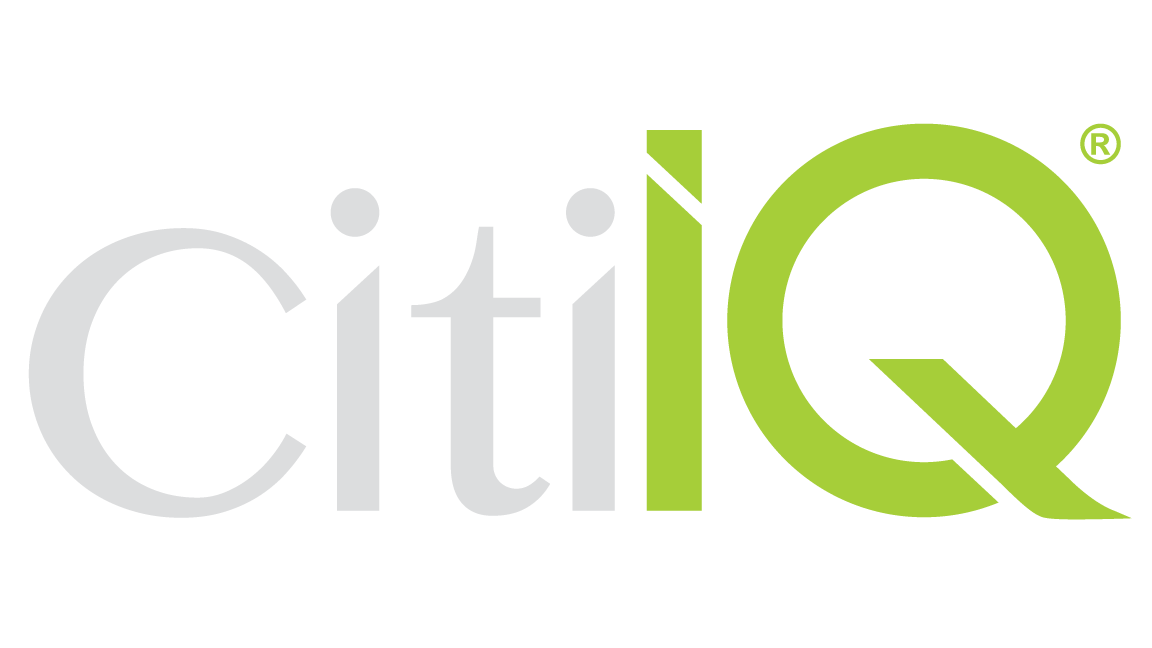CitiIQ Scores over 4000 Cities Worldwide
Ready Access to Human-Centric Data Measurement for Global Cities Large and Small
FOR IMMEDIATE RELEASE
Toronto, June 22, 2022 – CitiIQ announced today the application of its leading-edge measurement standard to 4,260 cities around the world. Including cities with populations over 100,000 emphasizes the critical importance of secondary cities in managing the urban population surge taking place globally. The high value of data-driven metrics (KPI’s) for city performance is increasingly recognized by cities large and small and CitiIQ is able to provide scoring for a city within two weeks of subscribing.
World-class cities receive significant attention owing to their pinnacle role internationally and within their countries and regions. The CitiIQ measurement system is designed to standardize measurements for 35 city Considerations that apply to a city regardless of size or stature, creating a clear benchmark for comparison of the cities in a country or region. A city’s measurements, normalized into scores out of 100, are readily available through a cloud-based annual subscription. This enables secondary cities, often called intermediary cities, to quickly and cost-effectively acquire the same advanced KPI scoring tools as larger cities, helping them also plan for the changes essential for progress. Read our recent article on intermediary cities.
“Regardless of size, a city’s leaders inevitably face the immense challenge of meeting a wide array of needs from chronically finite resources,” says Don Simmonds, Chief Executive Officer of CitiIQ. “It is critical for decisions to be guided by a definitive data measurement framework with understandable KPI’s that inform priorities, plans and ongoing progress. This is why we are intent on providing the CitiIQ measurement service to as many global cities as possible.”
Like any organization, a city manages best what it measures. But cities face the dual challenge of measuring a broad array of Considerations while trying to acquire the underlying data that informs them. And translating that data into knowledge and insight means that it must be consistent, coherent and comparable for those who use it to make decisions. This can include elected officials, policymakers, community leaders, citizen groups, NGOs and other orders of government in addition to a heightened interest in measuring progress by infrastructure financiers and other lenders.
With a strong consensus that cities are critical to the global advance of the United Nations Sustainable Development Goals, there is also frustration about the ability to measure specific progress. Cities need a practical way to measure investments “on the ground” usually being made over many years. The CitiIQ measurement framework maps to the 17 SDGs to provide a quarterly progress report that represents steps forward (or backward should that be the case) in the elements that constitute SDG attainment.
City Administrators appreciate the integration of economic, environmental, social and cultural infrastructure measures reflecting how a city actually functions. The CitiIQ algorithm normalizes data into a comparable, holistic picture of their city’s strengths and weaknesses bringing coherence and comparability to their own operations and an ability to compare with other cities. For example, users don’t need to calculate what parts per million range is good for a city, they can simply look at the Air Quality score and see that the closer the number is to 100, the better the air quality in their city.
The key benefits of subscribing to the CitiIQ measurement system are:
Objective Global Standard
Human-centric
Comprehensive (35 Considerations)
Converts data to scores out of 100
Comparable to other cities
Quarterly updating and trending
Scoring as a service (not requiring staff)
Online dashboard (no software development)
Satisfies financier reporting requirements
SDG tracking

